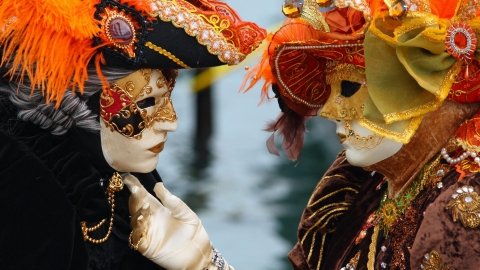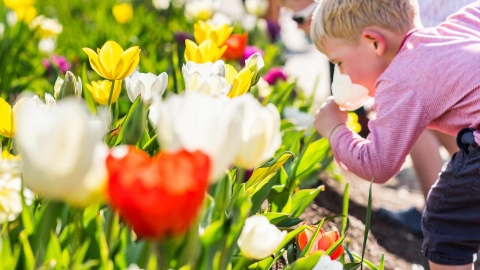Pollinators like bees are essential for 75% of crops; however, their habitats are disappearing. Research shows that England has lost a third of its natural habitat in the last 50 years. Therefore, the University of Bristol Botanic Garden holds an annual festival dedicated to bees and pollinators to raise awareness of the importance of these animals. “It’s all about learning, inspiring, and helping people discover and understand more,” said Nick Wray, a representative from the university.
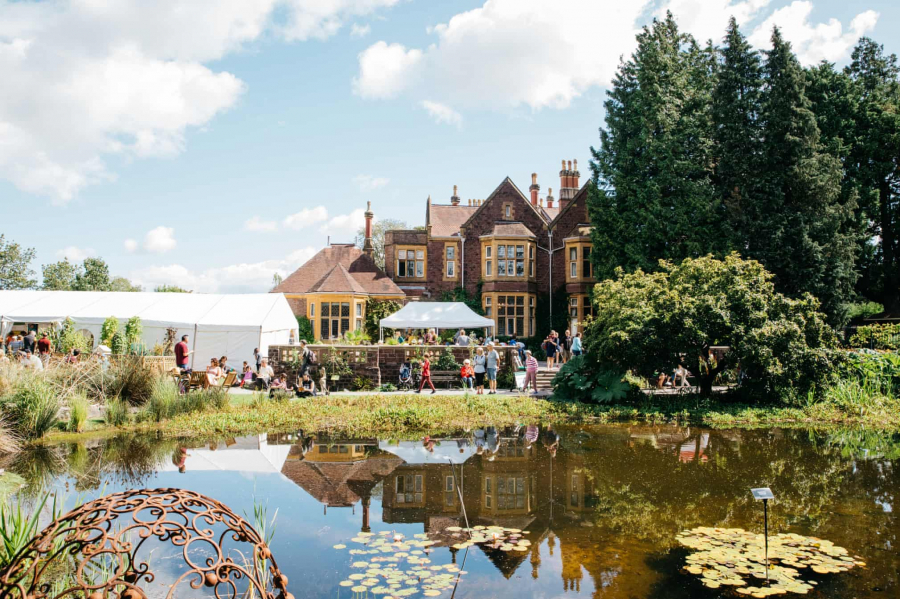
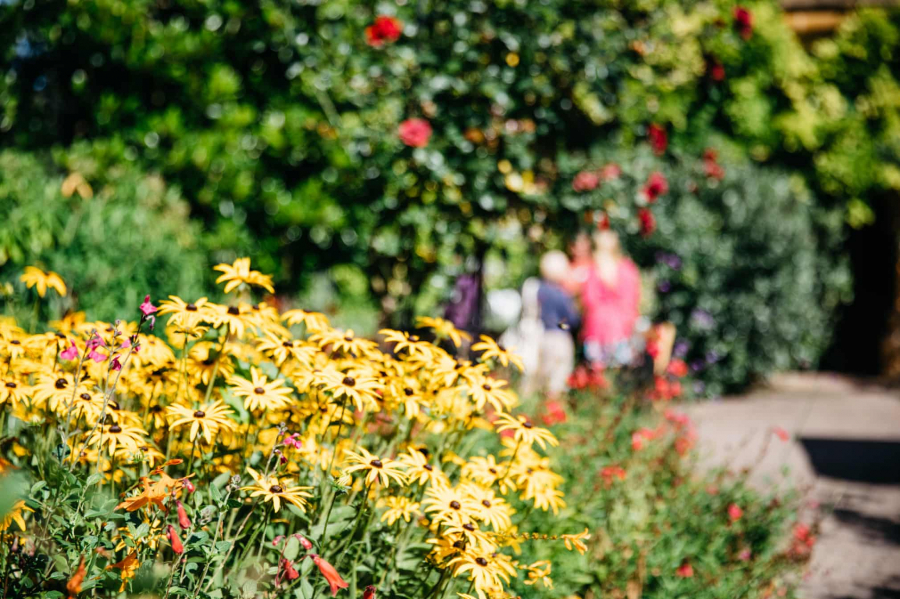
At the festival, beekeepers will dismantle a beehive to illustrate how it works. “Bees need food, just like you and I, in all seasons, from early spring to late fall. So you shouldn’t plant a lot of flowering plants in your garden in June and then do nothing, because there will be nothing for the bees to eat,” Wray explained.
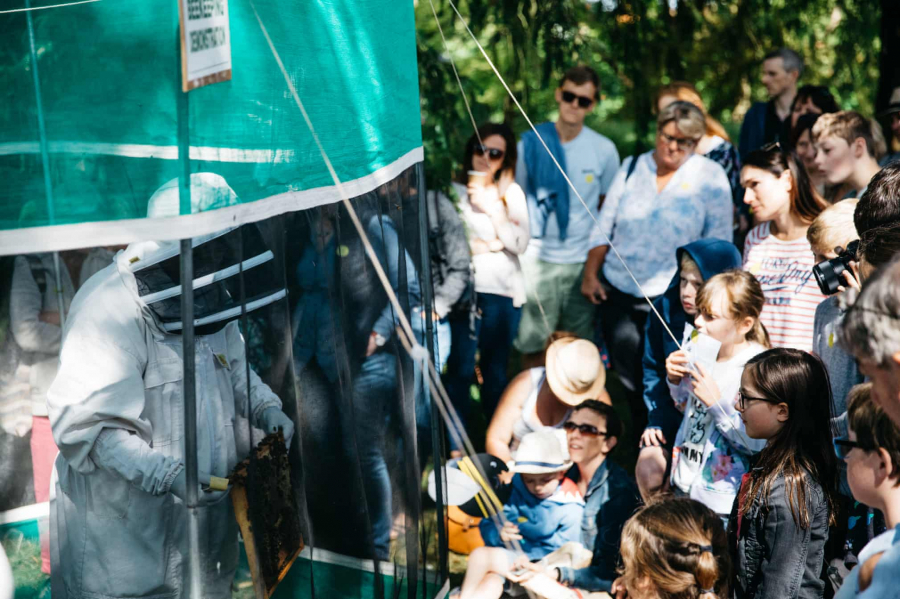
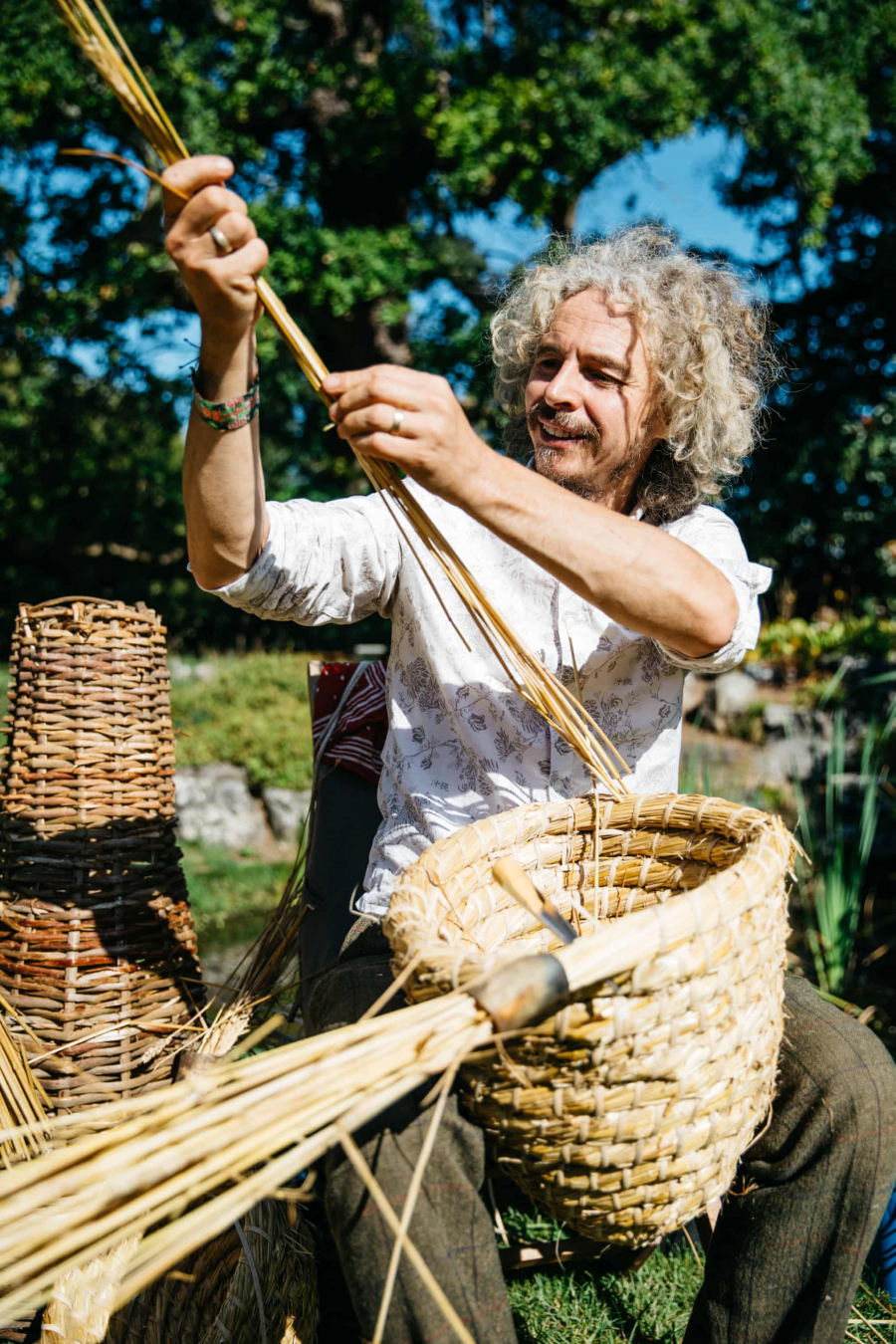
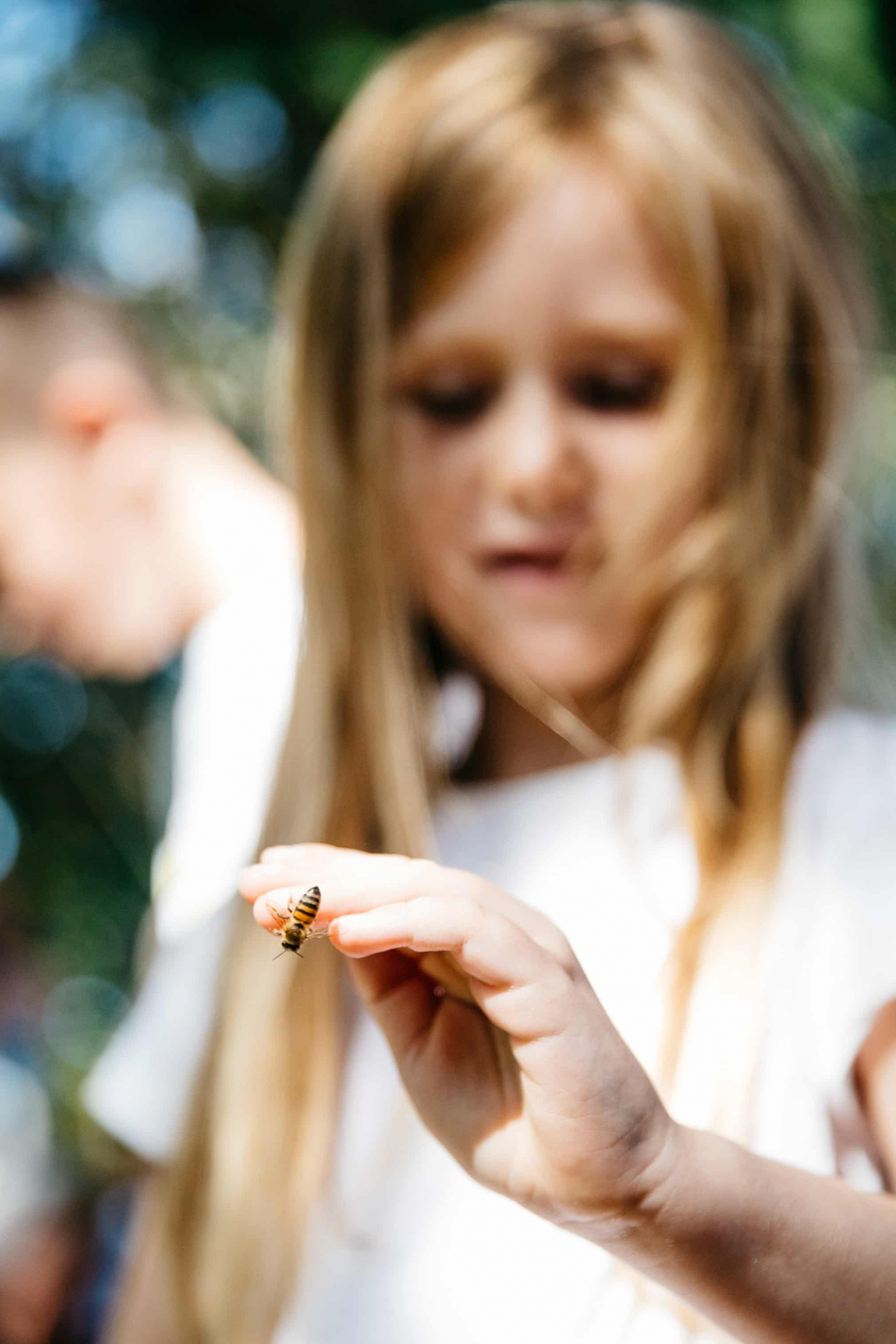
In addition, the festival also features poetry readings about these pollinating animals. According to IsamBards, a group of local poets came to the festival to give poetry talks about pollinators, with bees being a great source of inspiration for them. Former Costa Poet Prize winner in 2011, Carol Anne Duffy, has even written an entire book about bees.
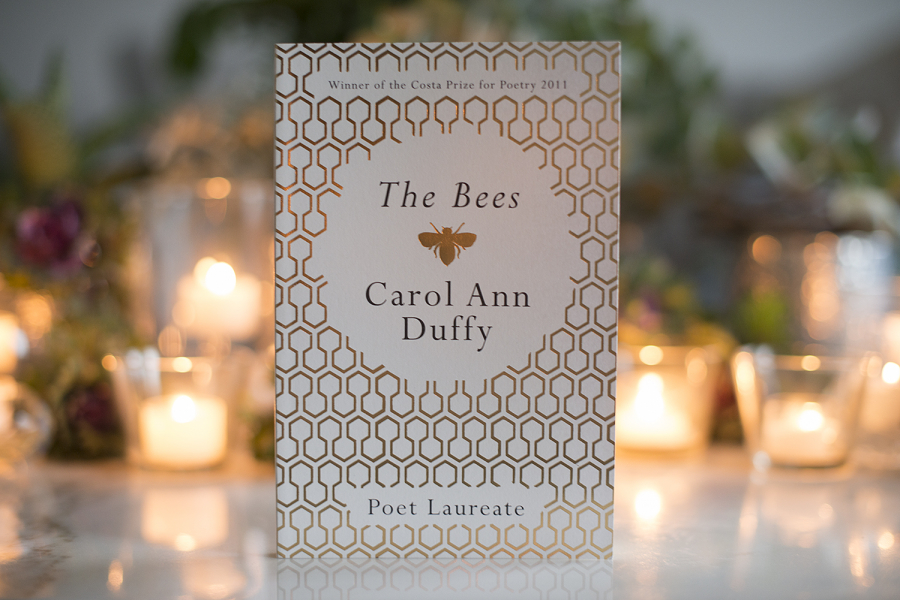
The industrialization of agriculture and its over-reliance on pesticides has led to a serious degradation of natural habitats. Public spaces and 23-meter gardens in England are becoming increasingly important for bees.
Freya Cohen, a Belgian Master of Biology, said: “There is only one species of honeybee in Britain, but there are 25 species of bumblebees and over 250 other solitary bee species... Knowing and learning about all the different bees can really inspire the imagination and bring you a lot of joy.”

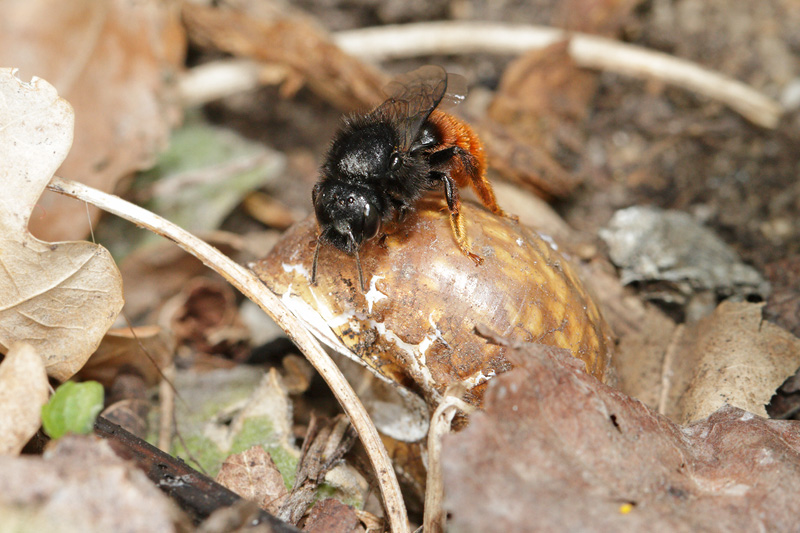
Neil Campbell, a member of the Bristol Beekeeping Association, said: “There are 140 private beekeepers in Bristol. The number of hives we have is almost overwhelming for the amount of food available in the area. If you’re considering starting a beekeeping business, you have to think about finding food for them.”
“We need more wildflower fields. That’s more important than beekeepers right now. Bees love lavender, so anyone who cares about bees should continue growing it. Plant more wildflower fields, more trees, and put more potted plants by the window.”
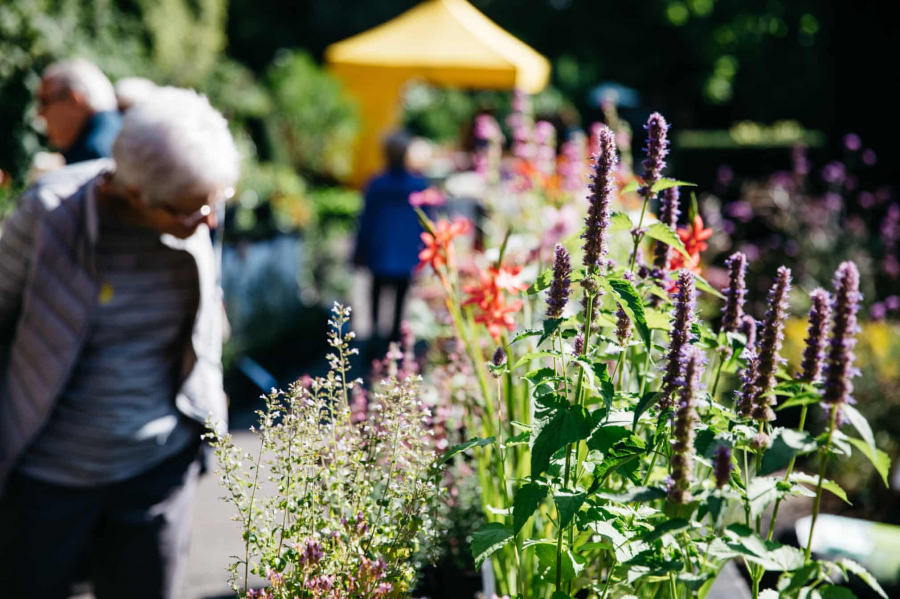

 VI
VI EN
EN



















